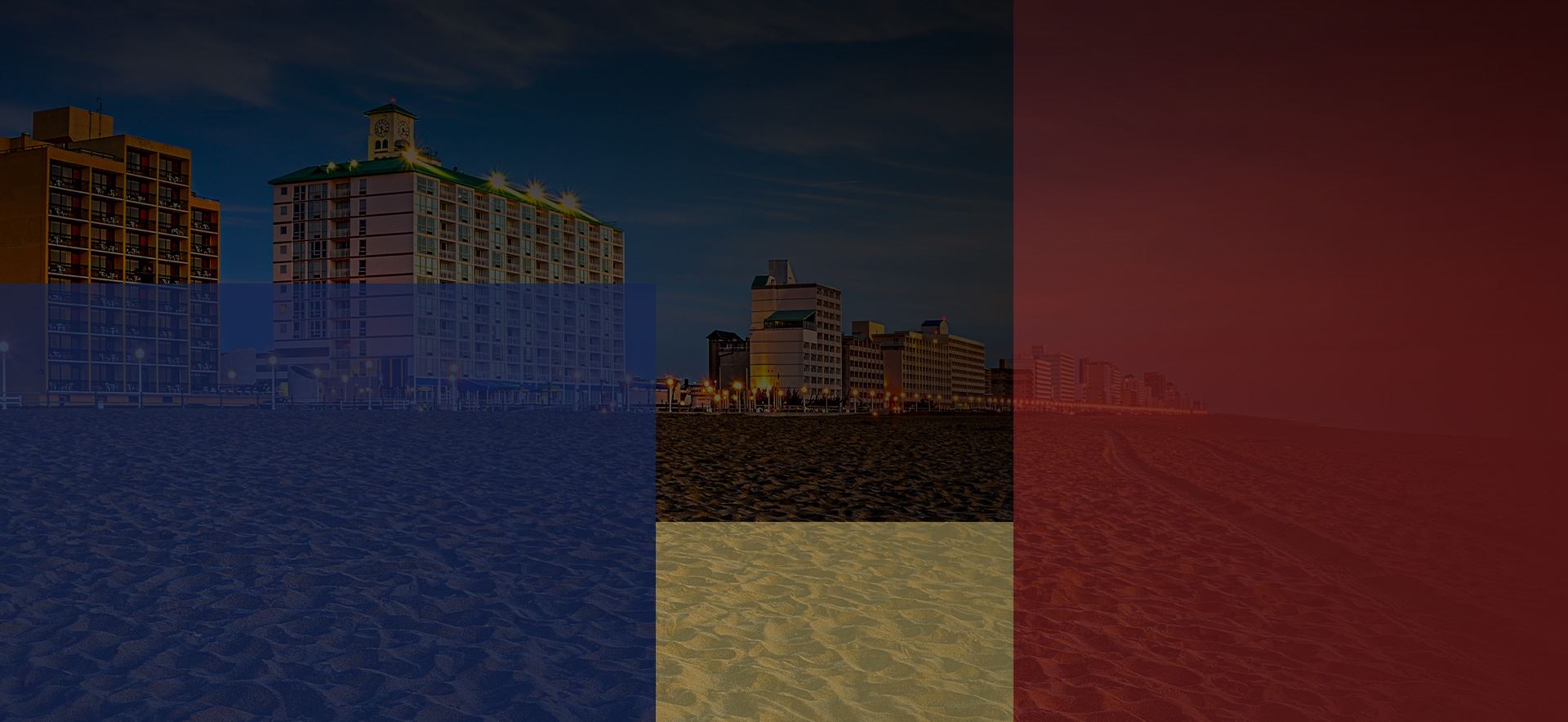
Spinal Cord Injury
Traumatic injuries to the spine can include fractures or dislocations of the spine (vertebrae) or damage to the actual spine cord. Injuries to the spine or spinal cord are often as a result of injury to the head or neck. Accidents such as motor vehicle accidents (motorcycle crashes, car accidents, truck accidents, etc.), falls, diving into shallow water or assaults account for a large number of injuries to the spine and spinal cord. It is possible to injury to spine without injuring the spinal cord.
A person with injury to the spine alone (without spinal cord involvement) often complain of pain and muscle spasms in the affected area. Often, if a person has fractured their spine, they will complain of tenderness over the affected area. Occasional, as in fractures of the lower spine, an accident victim may have radiation of the pain to other areas to the body, such as the legs. Fractures of the spine will include immobilizing the spine, dependent upon the location of the fracture. This can range from a simple neck collar to a halo for neck fractures and body casts for lower spine fractures. This assists with preventing further injury to the spine or spinal cord. It is always important to monitor these people carefully, as swelling from the fractured spine could lead to compression on the spinal cord. Accident victims can also expect to be on bed rest, take pain and muscle relaxing medications and further into the healing process, attend physical therapy sessions.
Persons with injury to the spinal cord (either with or without injury to the spine) can either sustain a complete spinal cord injury (where the spinal cord has been completely severed) or an incomplete injury (where part to the spinal cord, at the site of injury, is still intact). A person with spinal cord injuries will exhibit symptoms depending upon the location of their injury. Injury to the lower spinal cord area may result in weakness, numbness of the legs, paralysis of the legs, loss of bowel and bladder control and loss of sexual functioning. Injury to the upper spinal cord area may result in the A person exhibiting all of the above symptoms and weakness, numbness or paralysis of the arms, difficulty or inability to breath on their own. Spinal cord injury and damage can also to the death. Again, the symptoms depend upon the location of the spinal cord injury. Treatment of spinal cord injury and damage is a medical emergency. The main focus of treatment is to stabilize the damaged area to prevent further injury and to minimize the swelling of the damaged spinal cord. Because swelling can result in further compression of the spinal cord, preventing it can reduce the extent of the damage. Treatment is dependent upon the severity of the injury. If there is bleeding and swelling in the spinal cord or broken vertebrae pressing on the spinal cord, surgery may be required to relieve the compression and swelling of the spinal cord. Many times, high doses of steroids are given to assist with the swelling and prevent further swelling. A person may also require traction, again ranging from a neck collar, body casting, or surgical traction systems such as the halo. Again these A persons will require pain medications, bed rest and a significant amount of emotional support.
Nerve damage, such as a spinal cord injury, often leads to permanent, devastating injuries. Because nerve endings do not have the ability to regenerate, damage to them leads to irreversible injuries and symptoms. Accident victims with spinal cord injuries often have suffered a life-changing event that requires them to adjust to life with limitations such as paralysis.
Always get prompt medical attention for yourself or anyone suffering a spine or spinal cord injury. If you, a friend, or loved one have wrongfully suffered from a spine or spinal cord injury, you ask why, and take immediate steps to protect your or their legal interest. Consider the suggestions in our accident guide, and call us immediately. We are here to help. At Larry King Law, we recognize the unique issues pertaining accident victims. You can call us at 757-209-2265 or contract us with this sites Contact Form, seven days a week, 24 hours a day, every day of the year. We are committed to doing the extra things it takes to help our clients.

-
 TENS OF THOUSANDS OF CLIENTS HELPED. MILLIONS OF DOLLARS WON.Delivering real results for clients through strategic legal representation, dedication, and a proven track record of success in personal injury matters.
TENS OF THOUSANDS OF CLIENTS HELPED. MILLIONS OF DOLLARS WON.Delivering real results for clients through strategic legal representation, dedication, and a proven track record of success in personal injury matters. -
 EVERY CLIENT IS SPECIAL. EVERY CASE IS IMPORTANT.We believe in treating every client as unique and every case as significant, ensuring personalized attention and dedicated advocacy.
EVERY CLIENT IS SPECIAL. EVERY CASE IS IMPORTANT.We believe in treating every client as unique and every case as significant, ensuring personalized attention and dedicated advocacy.

Hear From Our Clients
At Larry King Law, your satisfaction is our priority! See for yourself what our clients have to say about working with us.
-
"Knowledgeable, Experienced and Committed Trial Lawyers"
The process of choosing the right criminal defense lawyer(s) can be daunting, scary, and frustrating. Choosing wrong can not ...
- Delmas Linhart -
"They Fight For Their Clients!"
Mr. King, his associates and paralegals helped me through a very difficult time in my life. I was in a car accident with my 2 ...
- Rachael -
"Great experience!!"
I was confused and embarrassed to admit I needed help but, this was a painless ordeal and I was treated with respect and unde ...
- Stacy kahler -
"Consummate Professional"
As a police supervisor, I have known Larry King professionally for over 30 years. During that time I have always found him to ...
- Lieutenant J. W. Boswell, NNPD, Retired
-
 The Power of Experience
The Power of ExperienceWrongfully injured? Work with experience. We empower victims.
-
 Hire The Right Lawyer
Hire The Right LawyerWe know accidents and injuries. We know the law, and we can help.
-
 Get The Help You Need Today
Get The Help You Need TodayGet a smart, skilled fighter on your side. Free consultations are available.





















